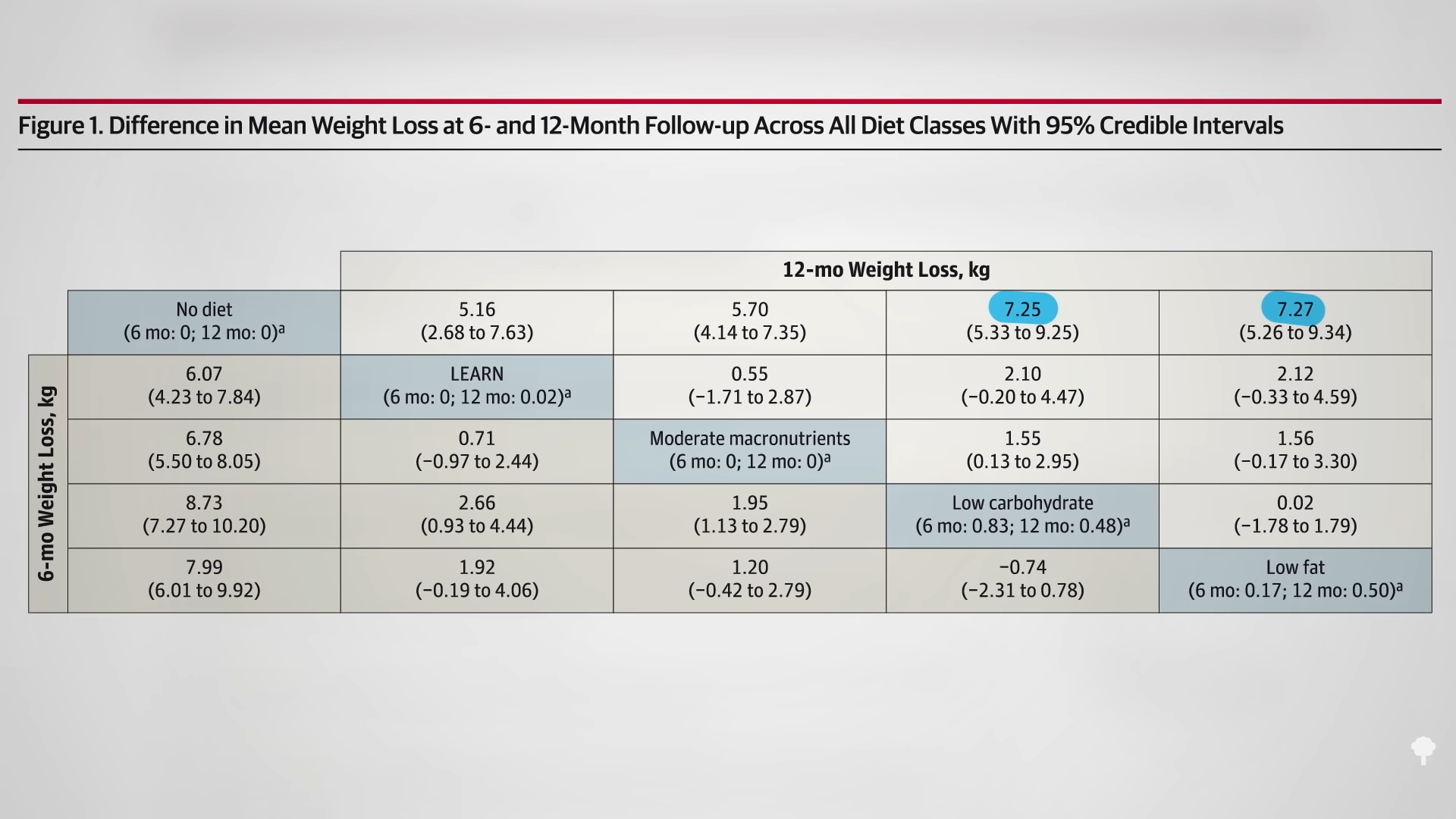[ad_1]
Could the appetite-reducing effects of ketosis enhance adherence to a dietary regimen?
The recent findings are claimed to refute many, if not all, of the popular assertions associated with extreme carbohydrate restriction, but what about ketones suppressing the desire to eat? In a highly controlled metabolic ward investigation in which the ketogenic diet led to adverse effects, all participants consumed the same quantity of calories, yet those adhering to a keto diet experienced a lower reduction in body fat. However, in real-life scenarios, the presence of ketones might suppress your appetite enough to cause a noteworthy decrease in overall food intake. Individuals following a low-carb diet end up storing an additional 300 calories of fat each day. Nevertheless, beyond the controlled setting, if you were in a state of ketosis, could you counterbalance this by consistently consuming significantly less food?
Interestingly, as outlined in my video Can Weight Loss be Maintained on Ketosis?, individuals may feel less hunger when fasting completely, compared to following an extremely low-calorie diet, potentially due to ketones. In a state of ketosis, characterized by elevated ketone levels in the bloodstream, hunger tends to diminish. How do we know it’s the ketones? When ketones are directly administered into the bloodstream, even individuals who are not fasting experience a decrease in appetite, sometimes to the extent of feeling nauseated and vomiting. Therefore, ketones can elucidate why individuals may experience increased hunger after a few days on a low-calorie diet compared to complete fasting.
Could we then exploit the appetite-suppressing impact of ketosis by adhering to a ketogenic diet? If you consumed minimal carbohydrates to maintain brain function, could your body be deceived into perceiving a fasting state, prompting your liver to generate ketones? Indeed, but is it safe? Is it effective?
As demonstrated in the data below and at 1:58 in my video, an analysis of 48 randomized trials of different branded diets revealed that individuals instructed to consume low-carb diets and those advised to follow low-fat diets achieved nearly equivalent weight loss after one year.

Clearly, the high dropout rates and poor dietary compliance complicate the comparison of effectiveness. The study participants were not actually put on those diets; they were simply instructed to eat in those manners. However, the shift toward each respective direction can lead to a reduction in the consumption of CRAP (Calorie-Rich And Processed foods), as illustrated in the graph below and at 2:37 in my video. For instance, the four primary calorie sources in the American diet are refined grains, added fats, meat, and added sugars.
 Consumption of low-carb diets results in reduced intake of refined grains and added sugars, whereas consumption of low-fat diets tends to reduce the intake of added fats and meat. Therefore, both diets advocate the reduction of donut consumption. Any diet professing this has a potential advantage. For example, a diet that advises against consuming items that begin with the letter “D” could lead to weight loss success by reducing the intake of donuts, danishes, and Doritos, even if excluding something like dill makes no nutritional sense.
Consumption of low-carb diets results in reduced intake of refined grains and added sugars, whereas consumption of low-fat diets tends to reduce the intake of added fats and meat. Therefore, both diets advocate the reduction of donut consumption. Any diet professing this has a potential advantage. For example, a diet that advises against consuming items that begin with the letter “D” could lead to weight loss success by reducing the intake of donuts, danishes, and Doritos, even if excluding something like dill makes no nutritional sense.
Long-term success in weight loss with any diet hinges on adherence. Diet adherence is challenging because whenever you attempt to reduce caloric intake, your body boosts your appetite in an effort to compensate. This is why conventional weight-loss approaches, such as portion control, often fall short. Overcoming the day-to-day hunger challenge is crucial for long-term success, which is measured not in weeks or months, but in years and decades. A wholesome plant-based diet can achieve this, partly due to calorie density, as it allows for consuming a substantial amount of food. On the other hand, a ketogenic diet may accomplish this through ketosis. A systematic review and meta-analysis titled “Do Ketogenic Diets Really Suppress Appetite?” concluded that the answer was yes. Additionally, ketogenic diets offer the unique advantage of being able to monitor dietary compliance in real-time using ketone test strips to determine if ketosis is ongoing. There is no equivalent method to determine the consumption of adequate fruits and vegetables; all one has is the bathroom scale.
However, adherence to the keto diet may be more theoretical than practical. Even in studies where ketogenic diets are utilized to manage seizures, dietary adherence may drop to below 50% after a few months. This may be distressing for individuals with intractable epilepsy, but for others, the challenge of adhering long-term to ketogenic diets may indeed be a lifesaver. I will discuss the safety of the keto diet next.
The keto diet stands in stark contrast to a genuinely beneficial diet that is sustainable. For instance, refer to my video series on the CHIP program here.
This was the fourth video in a seven-part series on keto diets. If you haven’t already, be sure to watch the other videos listed in the related videos section below.
Discover Blue Heron Health News at a discounted price while it’s still available by clicking here…
[ad_2]


